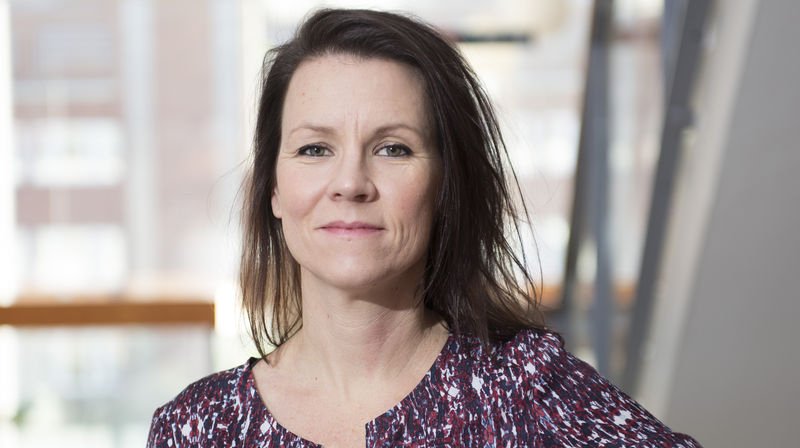Funding from KAW gave the freedom to focus on complex research projects

This year, the Knut and Alice Wallenberg Foundation (KAW), one of Sweden’s largest funders of research, celebrates 100 years. Festivities include a joint jubilee symposium arranged by KI, KTH and the University of Stockholm in the Aula Magna on 15 September. One of the invited speakers is KI researcher Marie Carlén.
What is happening on 15 September?
“At the symposium I will have the opportunity to present my research which has been funded by KAW and to meet other scientists who are supported by KAW. KAW have supported my work for the last ten years, and the Foundation has granted funds up until 2024."
What will you be talking about?
“I will be talking about the brain and will describe the strategies that we use in my field of neuroscience for understanding how the brain works. I will show how using optogenetics technology in experiments on mice, we have begun to understand how the brain performs higher mental functions, or cognitive functions. Optogenetics enables us to study how the various nerve cells contribute to the function of the brain and ultimately form our behaviour. One goal of my lecture is to make more people understand that progress in the treatment of mental illness necessitates an understanding of the brain’s fundamental structure and function, something we currently lack, but are working very hard to acquire."
You were appointed Wallenberg Academy Fellow in 2012. What has the support from KAW meant for you?
“The grant has embodied the KAW vision exactly, i.e. it has given the opportunity and freedom to work on risky and long-term projects. The project is risky because it requires methods and analyses at the leading edge of research, methods that we in the labs often must develop ourselves. We use many different types of equipment in our experiments, which is expensive. But with this support from KAW, we have not had to forgo any experiments. The grant is also a stamp of quality on our research, the proof that a review committee, comprised of the highest expertise, has evaluated that what we are doing can drive research forward, and should be invested in. For me personally, the grant has been a motivating factor in continuing to work with technically difficult projects with high potential, and an indication that I am on the right track with my scientific ideas."
Several top scientists will be guests at the symposium. Is there any lecturer in particular you are looking forward to hearing/meeting?
“I am looking forward to Svante Pääbo’s lecture. His research is very different to mine, but I am very interested in evolution, and in particular the evolution of the brain. Much of the research on the brain is conducted in the laboratory on a few animal species. If this research is to contribute to understanding the human brain and its diseases, we must have a clear picture of both the similarities and the differences in the organisation and function of the brain in various species. Evolution has driven the development of the brain, and understanding evolution can help us understand the brain."
